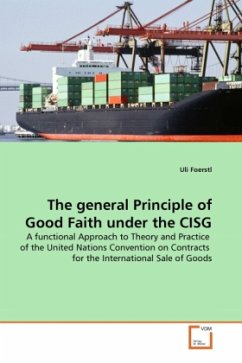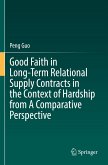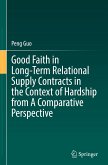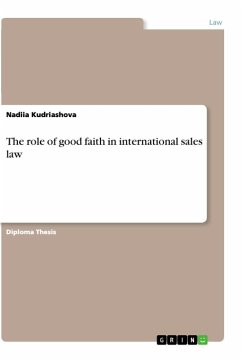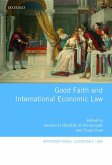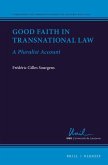Good faith in civil law jurisdictions fulfils three functions: to interpret unclear terms; to supplement contracts; and to correct the written rules by restricting rights or derogating from strict law. In jurisdictions where good faith is not used, other doctrines fulfil these tasks. Good faith is used as a methodological instrument in order to exercise the three functions within a code. Hence, a coherent and substantive doctrine of good faith does not exist. The scope of application of good faith depends on the extent to which the three functions have to be applied (functional approach). Consequently, good faith is subsidiary to other, more specific means that fulfil the functions of good faith. Good faith in the CISG is unlikely to develop to an excessive extent. The scope of Art. 7(1) CISG does not permit the imposition of obligations on the parties. The functions of good faith in the CISG can to a great extent be fulfilled by other devices. Areas of application of good faith can emerge where: the text of the CISG is ambiguous; two principles of the CISG lead to contradictory results; and solutions outside the CISG have to be imported into the CISG as a last resort.
Bitte wählen Sie Ihr Anliegen aus.
Rechnungen
Retourenschein anfordern
Bestellstatus
Storno

